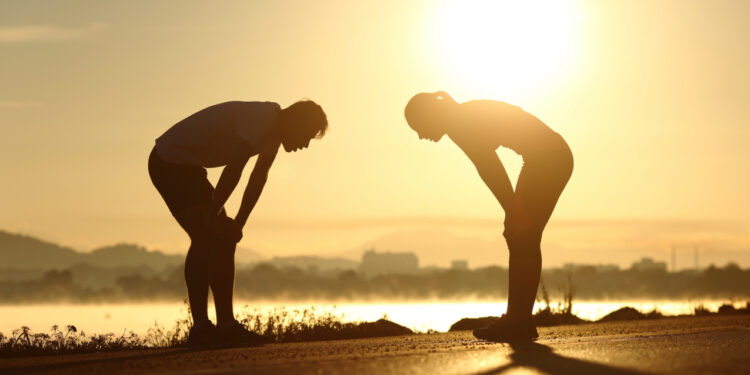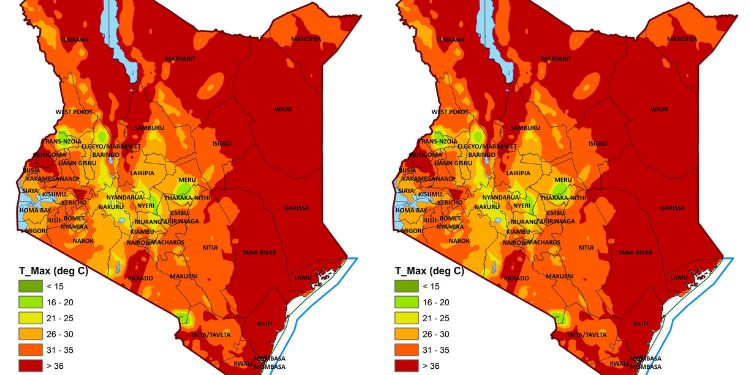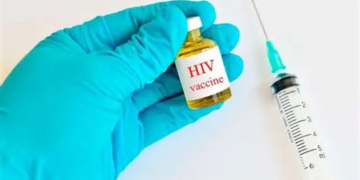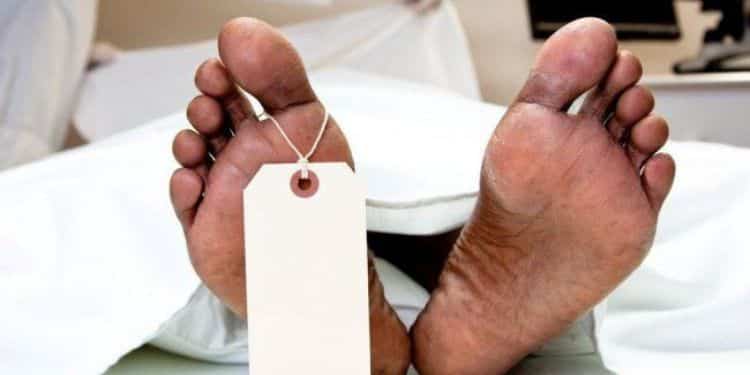The Kenya Meteorological Department (KMD) announced a list of counties in Kenya that are expected to have high temperatures in the period with dry and hot weather characterized by heatwaves in most parts of the country.
The forecast came at a time residents particularly from Nairobi County are complaining of extremely high temperatures during the day and at night in some places.
Due to changes in weather patterns, heat waves are becoming frequent, prolonged, and severe in Kenya and other parts of the world.
Heatwaves occur when warm air becomes trapped in the atmosphere, leading to soaring temperatures that exceed normal levels for an extended period.
These events can have serious health implications, including heat exhaustion, heatstroke, and even death.
These extreme weather events, characterized by abnormally high temperatures persisting for several consecutive days, pose significant risks to public health and well-being.
While hot weather can be uncomfortable for everyone, it is particularly dangerous for vulnerable populations such as infants, children, pregnant women, and the elderly.

Tips for Staying Safe During Heatwaves
During periods of intense heat, it is crucial to adopt strategies that help you stay cool and safe.
The Kenya Times listed a breakdown of what to do and what to avoid during heatwaves as explained below.
Avoid opening of curtains, shutters, and blinds during the hottest parts of the day to keep cool.
Closing curtains, blinds, and windows during the hottest parts of the day blocks out sunlight and traps cooler air inside.
On the other hand, you are advised to open windows when it is hotter inside than outside and use fans and coolers if available, to circulate air and create a comfortable indoor environment.
Also Read: Nairobi Heatwave: Met Department Gives Advice on High Temperatures
A comfortable indoor environment can be maintained by opening windows and shutters during cooler hours and closing them during peak heat times.
Utilize fans and other cooling devices to lower temperatures indoors. If available, use air conditioning sparingly to conserve energy and prevent community-wide power outages.
Then avoid dehydrating beverages by steering clear of alcoholic beverages, caffeinated drinks, and sugary sodas, as these can contribute to dehydration and exacerbate heat-related symptoms.
Staying hydrated by drinking water regularly, even before feeling thirsty, is also a way of preventing dehydration.
Avoiding sun exposure by minimizing outdoor activities, especially during the hottest times of the day, to reduce the risk of heat-related illnesses.
If you must be outside, take frequent breaks in shaded areas and avoid prolonged exposure to direct sunlight.
Strenuous activities
Avoid or limit engaging in strenuous physical activities such as exercise or heavy labor, during peak heat hours, as this can increase the risk of heat exhaustion and heatstroke.
Refraining from overexertion or prolonged physical activity in hot weather, pace yourself and take frequent breaks to rest and hydrate.
Minimize physical exertion, especially during peak heat hours, to reduce the risk of heat-related illnesses. If you must engage in outdoor activities, do so during cooler times of the day.
Never leave children, elderly individuals, or pets unattended in parked vehicles, as temperatures inside can quickly reach dangerous levels, leading to heat-related injuries or fatalities.
Pay attention to signs of heat-related illnesses, such as dizziness, nausea, rapid heartbeat, and confusion. Seek medical attention immediately if you, or someone else, experiences these symptoms.
Avoid stale or high-protein foods by opting for light, refreshing meals that are easy to digest and hydrating.
Avoid consuming stale or high-protein foods, as these can increase metabolic heat production and strain your body’s cooling mechanisms.
Cautionary measures
Planning ahead by making sure you stay informed about upcoming weather forecasts to prepare for hot days ahead. Adjust outdoor activities to avoid the hottest times of the day.
Staying indoors whenever possible during peak heat hours, especially between noon and 3 p.m. If you need to go outside, wear lightweight, loose-fitting clothing and a hat to stay cool.
Check on vulnerable individuals by taking care of infants, pregnant women, and elderly family members by ensuring they have access to cooler areas and staying hydrated. Monitor their condition regularly during heatwaves.
Also Read: Weatherman Warns Kenyans of Heat Stress and Headaches in January
Know the signs and symptoms by familiarizing yourself with the symptoms of heat stress, including dizziness, nausea, rapid heartbeat, and confusion. Seek medical attention if you or someone else experiences these symptoms.
Ensure that pets have access to shade and plenty of water to prevent heat-related illnesses. Never leave them in parked vehicles, as temperatures can quickly become lethal.
Individuals who are not accustomed to hot climates should gradually adjust to the heat and stay hydrated to prevent heat-related illnesses.

If you experience symptoms such as dizziness, weakness, or intense thirst during a heatwave, move to a cool place immediately and drink water or fruit juice to rehydrate.
Rest in a comfortable position and seek medical attention if symptoms persist or worsen.
How to monitor heat waves
Plan Outdoor Activities: Schedule outdoor activities during cooler times of the day, such as early morning or late evening, to minimize exposure to extreme heat.
Wear Appropriate Clothing: Dress in lightweight, loose-fitting, and light-colored clothing made of breathable fabrics like cotton to help regulate body temperature and promote airflow.
Seek Shade: When outdoors, stay in the shade as much as possible to reduce direct exposure to the sun’s rays. Use umbrellas, hats, or other protective gear to shield yourself from excessive heat.
Use Cooling Measures: Take cool showers or baths, use cold packs or damp towels to lower body temperature, and utilize fans or air conditioning to create a comfortable indoor environment.
In conclusion, heatwaves present significant challenges to public health and safety, particularly for vulnerable populations. By following these tips and staying informed about heatwave preparedness, individuals can mitigate the risks associated with extreme heat and protect themselves and their loved ones during periods of hot weather.
Stay safe, stay cool, and take care of each other during heatwaves.









![Billionaire Richard Branson Invites Guests For Ksh256,000 Hike, Breakfast In Kenya [Full Package] Luxury Getaway Establishment By Finch Hattons Photo/Finch Hattons](https://thekenyatimescdn-ese7d3e7ghdnbfa9.z01.azurefd.net/prodimages/uploads/2024/05/Tsavo-3.jpg)


































































